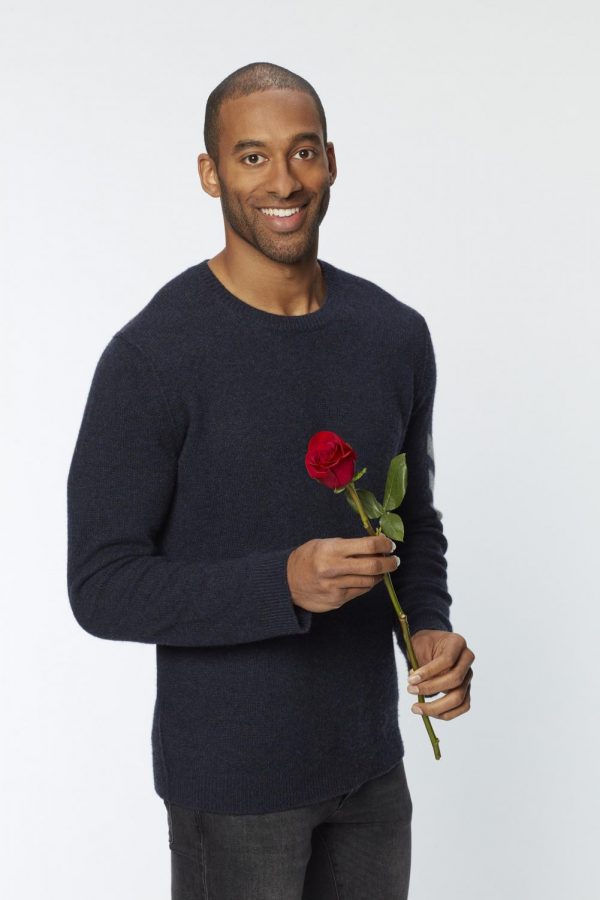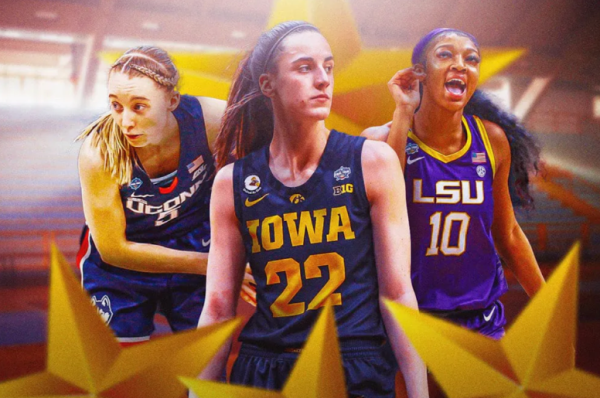New season of The Bachelor seeks to diversify its cast
Photo courtesy of ABC
New Bachelor Matt James
Season 25 of The Bachelor premiered Jan. 4, starring Matt James, the first-ever Black Bachelor. While the franchise cast Rachel Lindsay as the first Black Bachelorette in 2017, James as the newest Bachelor proves that The Bachelor franchise is taking further steps to represent all races and backgrounds.
The Bachelor Diversity Campaign was launched in the wake of the Black Lives Matter protests this summer. A group of fans urged ABC and Warner Bros to feature more Black, Indigenous, People of Color in the show. On bachdiversity.com, this group wrote, “We will use our power as viewers and fans to hold ABC and Warner Bros. accountable and demand they use their platform in a more thoughtful, race-conscious, and socially responsible way.”
In the 17 years that the franchise has been around, there have only been two black leads (female), three including James. However, The Bachelor franchise is making a conscious effort to correct their mistakes in this new season. According to ew.com, this is the most diverse season in Bachelor history, where white people are in the minority. This refreshing change of pace includes cast members of all different races and ethnicities: a Puerto Rican woman, a woman from Ethiopia, and many mixed-race women.
While diversifying The Bachelor cast will not solve the systemic racism in our country, every effort counts. An article on huffpost.com focused on how representation on television can lead to viewers better understanding the stories and perspectives of people of color, hopefully improving race relations in the United States.
According to variety.com, the season premiere of The Bachelor had five million views. So, if the five million people who viewed The Bachelor premiere witnessed people of all different races and ethnicities participate in this show, then that is a step in the right direction for the franchise and the country.
Additionally, representation on television also benefits people of color who are viewing the show. In an article on huffpost.com, Dr. Nicole Martins of Indiana University said, “There’s this body of research and a term known as ‘symbolic annihilation,’ which is the idea that if you don’t see people like you in the media you consume, you must somehow be unimportant.” Thus, having a more diverse cast of The Bachelor can lead to people of color realizing that they too are represented in American pop culture in a positive way.
Both The Bachelor franchise and America have a long way to go in fixing the systemic racism which exists in our society, but the continual progress and casting of BIPOC in the franchise gives hope for the future. The franchise must continue to take these steps and use their amplified voice to help create a more fair, progressive and diverse America.











